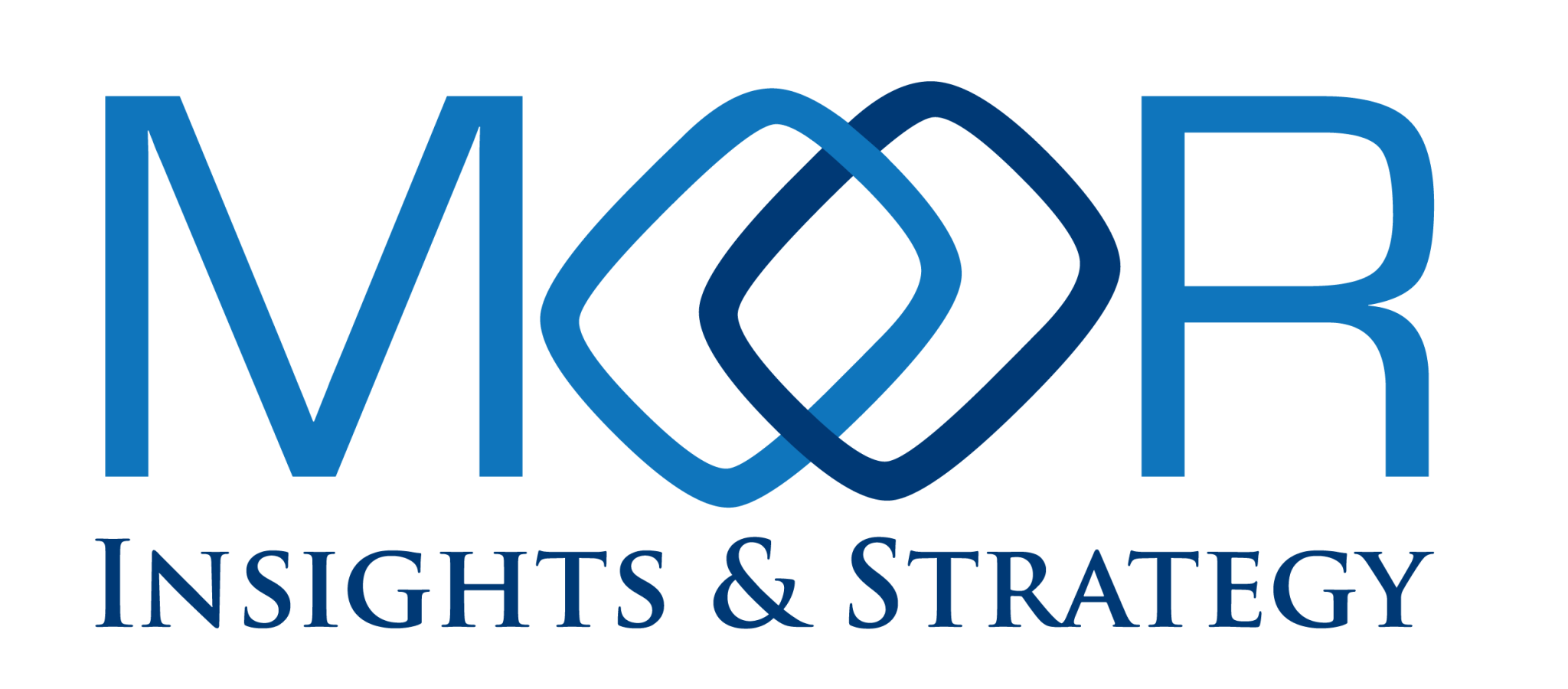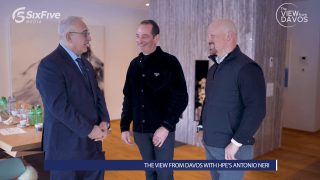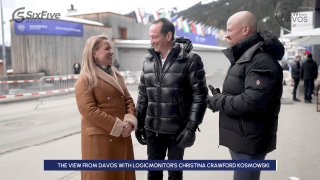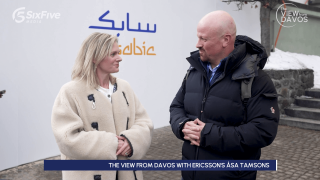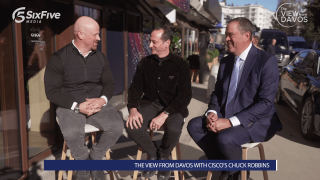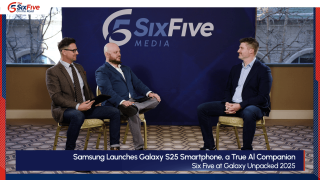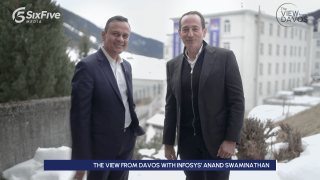When it comes to cybersecurity, AI may be a double-edged sword.
You may be used to news reporters or journalists covering this big event, but we are here to go one step further, connecting the dots between tech, finance, and policy.
Six Five Media’s “The View From Davos” brings you slightly different perspectives & analysis from technology industry analysts, Patrick Moorhead and Daniel Newman.
Today they are joined by Check Point Software President, Rupal Shah Hollenbeck, to talk on the evolving landscape of cybersecurity, focusing on current threats like AI, ransomware, and deepfakes.
Get their take on:
- The impact of artificial intelligence on cybersecurity strategies
- Cyberattacks on the rise with ransomware attacks skyrocketing by 90%
- AI is accelerating innovation, but also creating certain openings for cybercriminals with the prevalence of deepfakes & ransomware
- Check Point Software’s approach to combating these digital threats
- Insights into future cybersecurity trends and preparedness
Learn more at Check Point Software.
Watch the video below, and be sure to subscribe to our YouTube channel, so you never miss an episode.
Or listen to the audio here:
Disclaimer: The View From Davos is for information and entertainment purposes only. Over the course of this webcast, we may talk about companies that are publicly traded and we may even reference that fact and their equity share price, but please do not take anything that we say as a recommendation about what you should do with your investment dollars. We are not investment advisors, and we ask that you do not treat us as such.
Transcript:
Patrick Moorhead: The Six Five is On the Road with a View from Davos. We’re having incredible conversations here. You can see the beauty in the background, but this is a conference, not about skiing and snowshoeing and doing all these things. The World Economic Forum is really this blend of technology of governments and, quite frankly, enterprises from around the world get together to talk about some of the most pressing items. And right now the conversations have really been around what does the new administration in the United States mean? Global regulation, what does it look like in 2025? And of course, all the implications of generative AI. And with that, I’d like to introduce Rupal from Check Point Software. Great to see you.
Rupal Shah Hollenbeck: Thank you. Nice to see you too.
Patrick Moorhead: Absolutely.
Daniel Newman: Well, good to be here. Rupal, why don’t we start with the… Pat, sort of set the stage a little bit. This event brings the leaders from all over the world, not just from industry, not just from business. It seems to be this private-public partnership. The Congress has probably some of the most noteworthy names in the world come here every year. What are the objectives you have coming here this year? What are you hoping to walk away from this year’s event?
Rupal Shah Hollenbeck: Well, the magic of Davos for us is really exactly what you just said. It’s public and private. It’s four corners of the planet. And so markets, big and small, organizations, big and small, innovators, big and small. And when that all comes together, it makes some fantastic conversation. And being in the business of cybersecurity, that comes together beautifully here in Davos.
Patrick Moorhead: Yeah, and Davos is also really looking forward to the year. I know all the plans have been put in place, and we all know what we’re going to do for 2025. But most recently you did a study on cybersecurity about what’s the outlook for 2025. And I’m curious if you can give us some highlights. What are the implications, why should people here at the show care?
Rupal Shah Hollenbeck: Yeah. Well, they have been caring and the Cybersecurity Centre is a major center here at Davos, and we’ve been fortunate enough to be a part of it. And we put out this report every year, and this report talks about the cybersecurity trends and what’s happening. And as you might imagine, cybersecurity attacks are on the rise. They’re on the rise year-on-year from 2023 to 2024 by 44%. And then when you drill down into that and you look at the kinds of attacks, they are increasingly ransomware. Ransomware attacks, you won’t believe it, on the rise, 90% increase year-on-year. And you can probably imagine what the cause of that is.
Daniel Newman: Sure, absolutely.
Rupal Shah Hollenbeck: Yeah. So it’s startling-
Daniel Newman: Wait, wait. Were we supposed to say AI?
Rupal Shah Hollenbeck: You are.
Daniel Newman: Okay. Hold on.
Rupal Shah Hollenbeck: You missed your cue.
Daniel Newman: No, I know. It was fine.
Rupal Shah Hollenbeck: But I’ll take it.
Daniel Newman: No, it was fine.
Rupal Shah Hollenbeck: It was fine.
Daniel Newman: I wasn’t sure if that was the goal. I want to give you the shout-out. You could say that again. Do you know what they are? And I’m going to say AI.
Rupal Shah Hollenbeck: That’s right. That’s right. And the thing about AI is that it exacerbates the good and the bad. And so when you take the streams of AI and AI innovation and you intersect that with cyber security, both the opportunity and the damage is seemingly endless. And that makes for really important conversation this week.
Patrick Moorhead: Nothing’s easy, okay. Is it as simple as staying ahead of the threats, putting in the proactive and defensive maneuvers to thwart the bad folks?
Rupal Shah Hollenbeck: As easy as that sounds, it really isn’t. However, this really is our reason for being, and it’s the reason for being in the cybersecurity industry. And so we’ve been using AI for 33 years, but it’s always changing and you never know what’s around the corner. And so the thing about AI is that right now, with the advent of the most sophisticated generative AI tools that we’ve ever seen, the bad guys get badder and they get faster, their pace increases. And so things like deepfakes, there could be a deepfake out there that would mimic the three of us, and it would take us hundreds of dollars and it would take us a couple weeks of R&D work to get that. But we could get it on the dark web. Guess what? Today with seven seconds of each of us speaking and with pennies on the dollar, we could get a deepfake in a day that would mimic the three of us.
Patrick Moorhead: And probably not saying anything that’s smarter than we say, although it wouldn’t be too hard, but it probably wouldn’t be something that’s flattering.
Daniel Newman: It’s super interesting though, because nowadays we create so much of the content, we enable these folks. I mean, a lot of it’s our behavior. I mean, everything from the way we don’t read our terms to the way we don’t update our apps, to the way we sort of nonchalantly do shadow IT on our devices and don’t necessarily take advantage of security that’s being offered from the corporate and CISOs and whatnot. We’re the perpetrators of a lot of our own problems, right?
Rupal Shah Hollenbeck: It’s cyclical. And then when you add on top of that new generations. I will admit that I’m an Xer. And as an Xer, I’ve got a certain point of view on my privacy. I’ve got a certain point of view about my data. Well, my kids who are Gen Z, absolutely have a different mindset. And so we have to operate in this world where built in there is an expectation and an acceptance frankly, that I am going to be less private with my data, that it’s going to be out there. And so the decisions that I make therefore need to be way more deliberate with intended and unintended consequences taken into consideration. And cyber security players like Check Point have to behave differently inherently because the decisions that were made by baby boomers and Gen Xers are now being made by millennials and Gen Z. and they fundamentally have a different view about their data.
Patrick Moorhead: Rupal, we weigh in on about 50 cyber security companies at different levels, and we’re hearing a lot, what we hear is, hey, we’re the best to do this at AI. We’re putting the most investment or it’s the best investment. What is the secret sauce at Check Point Software in this age of generative AI security that you think sets you apart?
Rupal Shah Hollenbeck: Well, a couple things. First, we’ve been at it for a while. We’ve been at it for 33 years. And having been at the beginnings of this industry, I think that long legacy, I think, helps propel and inform our future. And so the only thing we know is that we don’t know what’s around the corner. And when you’re grounded in that, it allows you to stay ahead and it allows you to always learn. And so while we don’t know what’s around the corner, we’re going to be agile enough and invest enough in research and R&D to be able to act swiftly. And that’s really what matters here is acting swiftly, acting with efficacy, acting with efficiency, so that we’re providing the world the best solution. And here’s the thing, cybersecurity is incredibly complex and we know that we are in a hyper connected world. And so it is more important than ever that we invest in providing the simplest way through for CISOs and security professionals to navigate that complexity.
Daniel Newman: Let me take it up to the CEO level. We actually partnered with Kearney, large management consulting firm, and did the largest of its kind CEO survey on AI, 213 CEOs running companies with over a billion dollars of revenue. One of the hot topics was security, but I often have said over the years that boards and CEOs tended to always kind of spend on security a little bit like insurance. How much is the least I can possibly spend to cover my bases-
Rupal Shah Hollenbeck: And get away with it, yeah.
Daniel Newman: In the AI era, to that audience… Because there were some indicators in the data in your survey that they’re seeing how important security, privacy, governance are. But how do you kind of advise that group that sometimes, because they can’t necessarily look at it from the lens of productivity gains, they don’t necessarily see it in efficiency numbers to get the CEOs to really buy in. How are you sort of positioning that?
Rupal Shah Hollenbeck: Well, the business of cyber is everything, and increasingly so with AI. So our report said for example, that 67% of organizations said, yes, AI will have the biggest impact to my security posture than ever. 67%. But only about 30% are doing anything about it. And part of it is because they don’t know what to do. It’s a complex world, and that’s where it’s really important to consult with and partner with the cyber security professionals around you. And it’s important to expect and demand simplicity in the rollout of solutions because we know the world of cyber is anything but simple.
Daniel Newman: I always love those reverse data points like the two thirds, one-thirds. There’s a one I call the 80/8 rule where 80% of brands think that they’re truly differentiated in the market, but only 8% of their consumers do.
Rupal Shah Hollenbeck: It’s exactly the same. It’s exactly the same. And so our job is to take that 67% and say, right, you get it. Now what do we do about it together? And we are increasingly having those conversations with boards.
Patrick Moorhead: Yeah. One of the ways that I’ve seen moving the needle in 35 years of security is finding any way in the world to quantify the benefit of a said product. In other words, put a metric on it because with infrastructure, they can do performance testing and there’s a certain way and potentially a certain payoff. I think that the security industry as a whole would be helping itself by quantifying not just the big risk and the threat, but specifically giving the customer a way to do that.
Rupal Shah Hollenbeck: You’re exactly right. And I sit on a public board in addition to being a part of Check Point, and I see this every day, and it’s really unfortunate, but the majority of public boards out there face the cold hard truth when there’s a breach and when they feel it in their wallet and their shareholders feel it. And so our aim is to quantify that every time it happens, to avoid the next time. And to consistently put that data into the hands like the NACD, and to put that in the hands of public boards.
Daniel Newman: It’s interesting. The TCO turns into the RCS study, the real cost of stupidity. Ignorance is not bliss with security. And of course, like I said, we’ll see if AI kind of pivots that sort of insurance thinking and really puts it more into a proactive strategy. But it sounds like you’ve got a lot of evidence and you’re seeing it in the market, Rupal, I just want to say thanks so much for spending some time here with Pat and I at Davos. It’s a great event. I hope you have a great week.
Rupal Shah Hollenbeck: Thank you. You guys too. Stay warm.
Patrick Moorhead: Thanks.
Daniel Newman: And thank you everybody for tuning in and being part of The Six Five On the Road, a View from Davos. So many great conversations here, subscribe, be part of our community. Listen to all of the different interviews we have. We are talking to tons of leading executives and those that are really thinking about what the future looks like right here at the World Economic Forum in Davos. See you all later.
